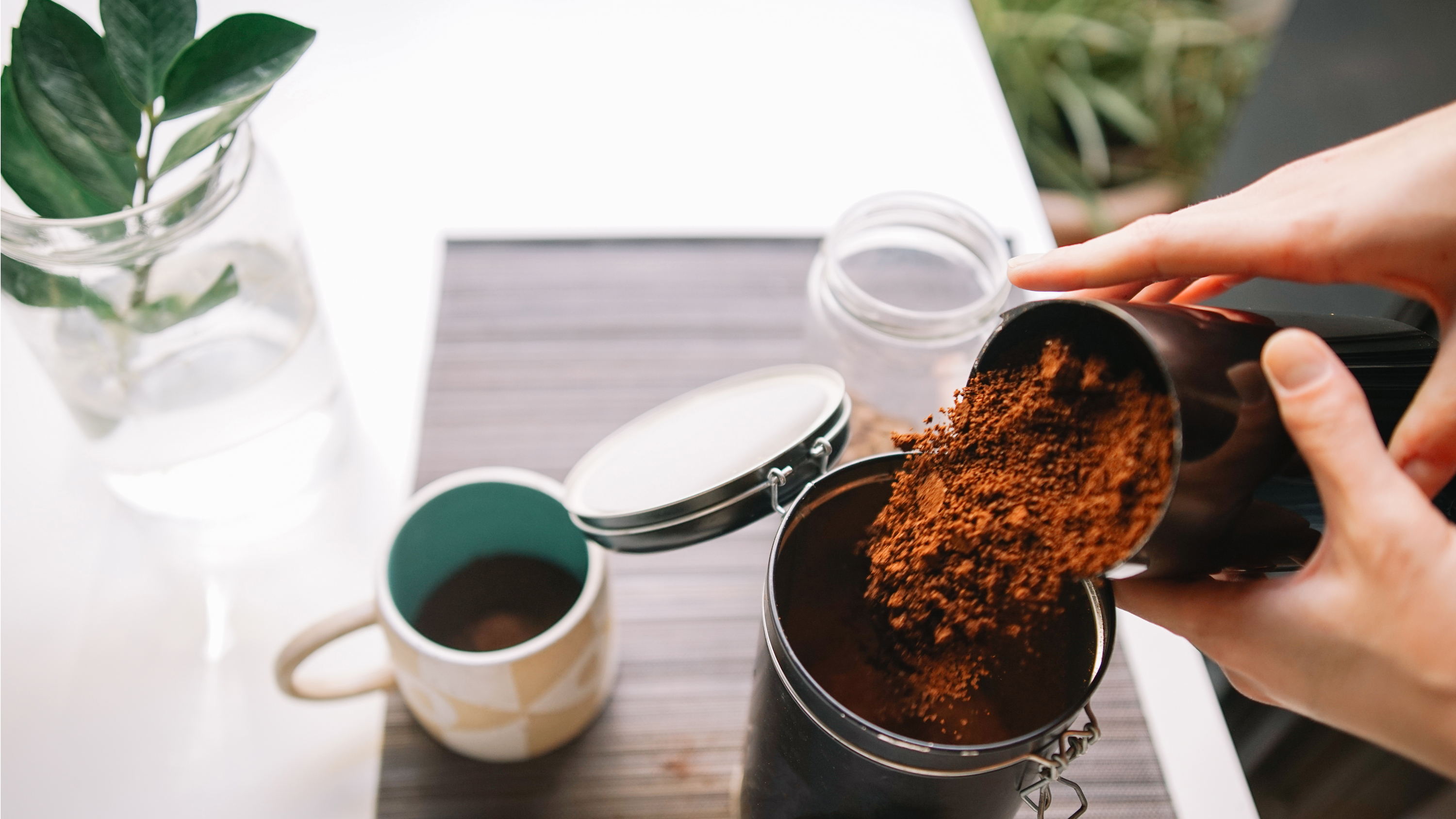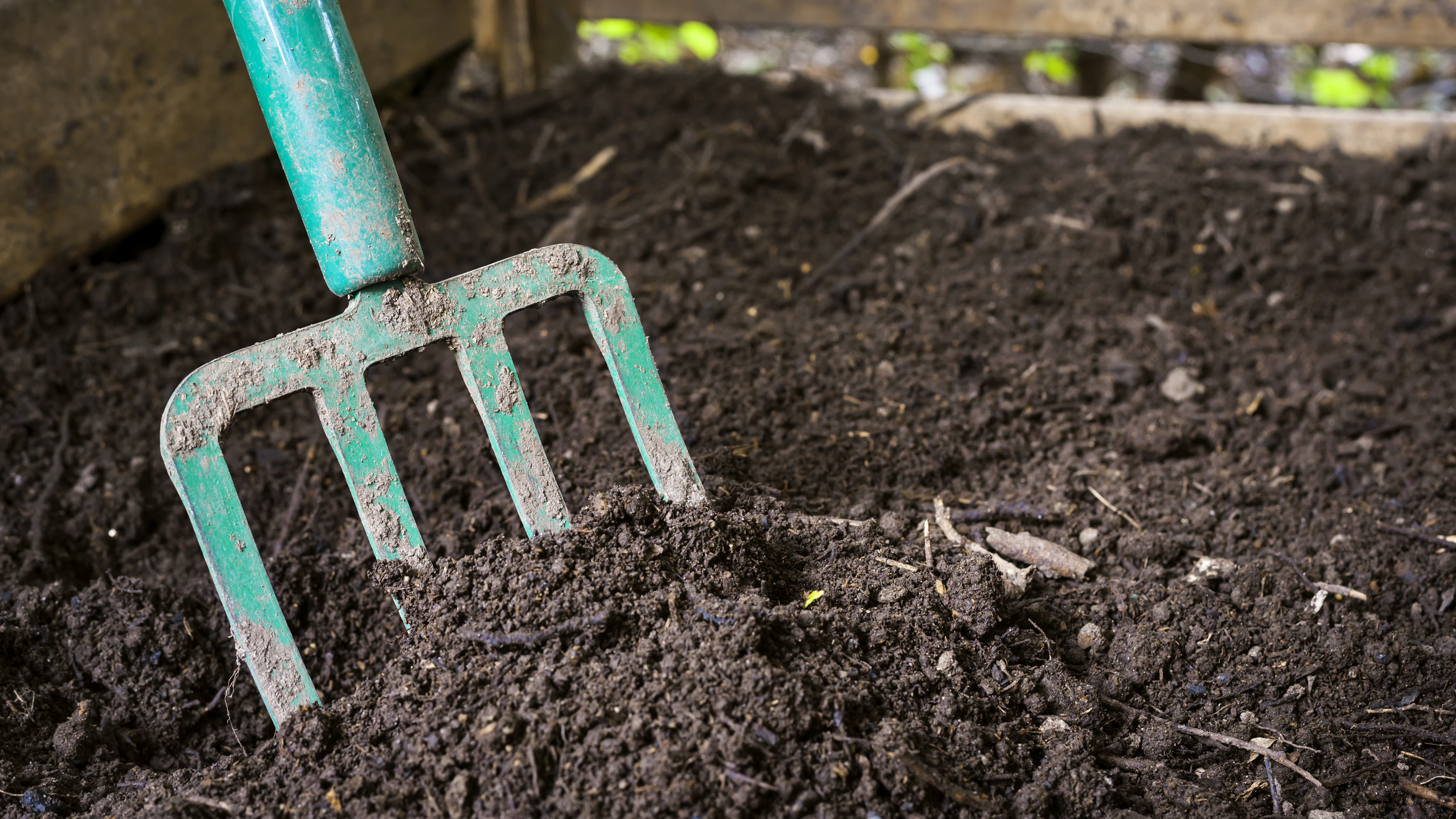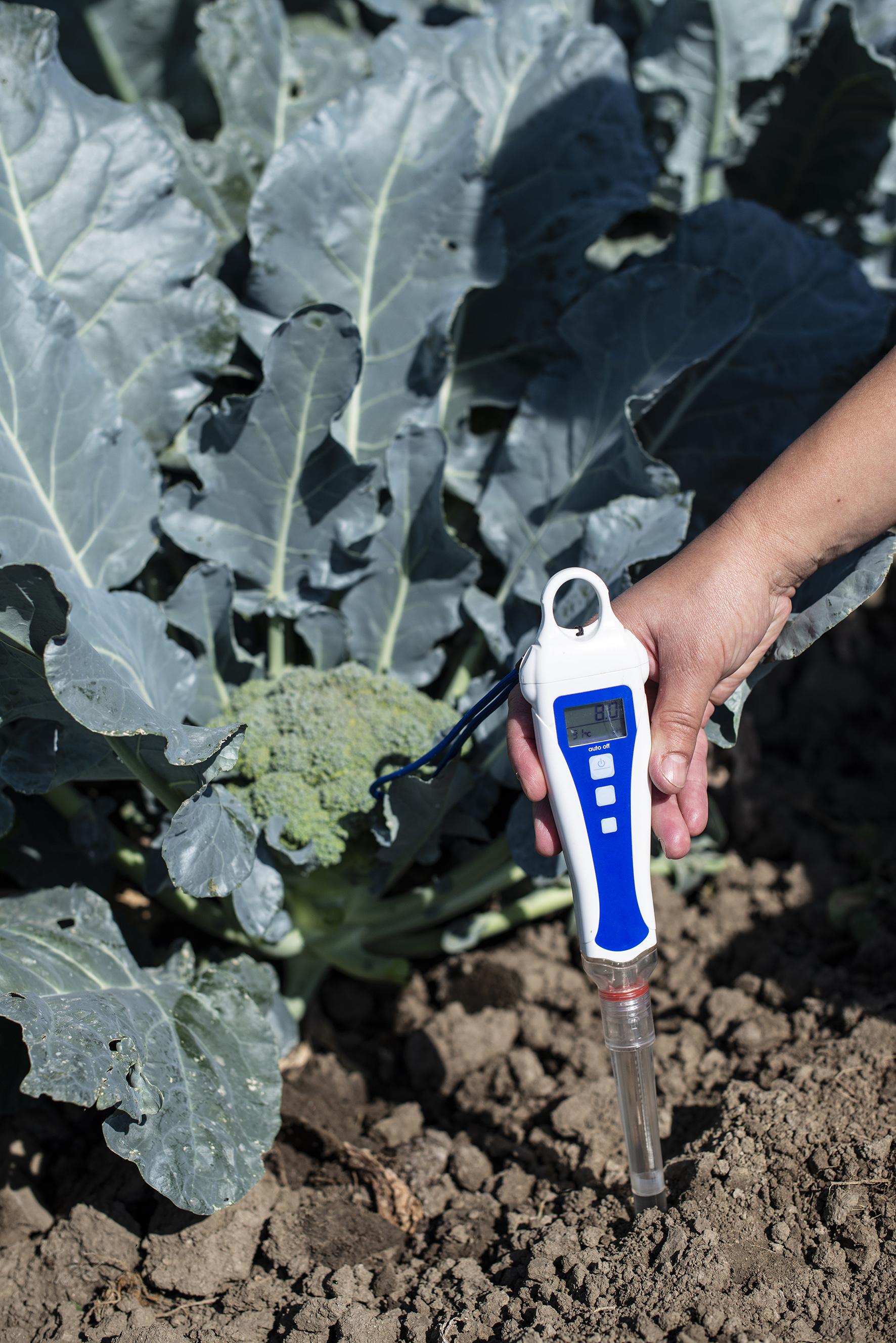Coffee grounds fertilizer: does it really work, or is it a gardening myth?
Coffee grounds fertilizer is often promoted as a natural alternative to synthetic fertilizers – but does it actually work? Here's what garden experts say

Coffee grounds fertilizer: the best organic fertilizer ever, or one of those things that's just too good to be true? Used coffee grounds are often promoted as a great alternative to synthetic fertilizers and a part of learning how to compost naturally. That sounds good, but does this organic fertilizing method actually work?
Are coffee grounds a good fertilizer?

The answer is: it depends on how you use them in the garden. Coffee grounds contain small amounts of nutrients that are good for the soil, including nitrogen, phosphorus, and potassium. These are released into the soil over time, making coffee grounds a good slow release fertilizer.
Basically, if you keep adding these small amounts of nutrients over time, your plants will receive just enough. A synthetic fertilizer will give your plants a much higher dose of nutrients, but, as Robert Pavlis explains in his Garden Myths blog, 'In a healthy garden a quick feed is never needed,' not even in a vegetable garden.
However, there's one potentially big but with using coffee grounds in your garden: if you add them straight to the soil, then they may inhibit some seedlings, especially tomatoes. There isn't enough research into why some seedlings do poorly with coffee added to the soil, but it's a much better idea to add your coffee grounds to your compost heap and let them compost before using in the garden.
In the long run, the main benefit of compost is actually improved soil structure rather than the addition of any particular mineral, and coffee grounds added to compost do contribute to the important process of microbial breakdown that aids your garden soil.
Do coffee grounds change soil PH?

No, this is a myth. As Pavlis explains, 'a commonly reported [pH] value is 6.7' for standard coffee grounds, which is 'just barely acidic' and not nearly enough to acidify soil. If your soil is very sandy and alkaline, there might be a slight change in your soil pH, but don't assume that coffee grounds will rebalance the pH of your soil to the point where you'll be able to grow acid-loving plants.
Read our guide to soil types if you're not sure what soil type you have in your garden.
Anna writes about interior design and gardening. Her work has appeared in Homes & Gardens, Livingetc, and many other publications. She is an experienced outdoor and indoor gardener and has a passion for growing roses and Japanese maples in her outside space.
